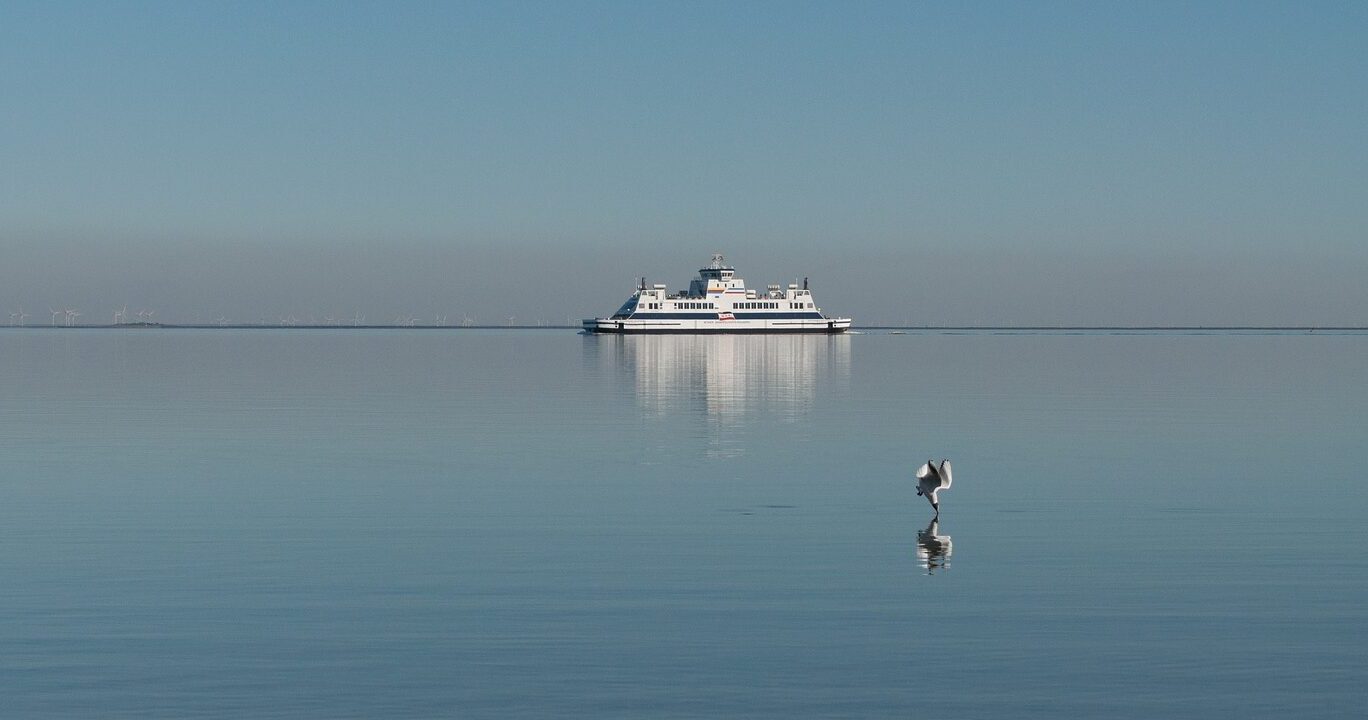As the year 2020 is coming to an end, so is ECOPRODIGI’s work on digitalisation and eco-efficiency in Baltic Sea region’s maritime industry. 2020 has been the final year of our project’s implementation and, as has been true for most people, it has been a year full of trials and uncertainty. At the same time, it has been a year of year of persistence and hard work. Despite the challenging working conditions, our project partners have been determined to continue our activities and meet our objectives the best possible way. And, as the year now draws to a close, we are happy to report that we managed to do just that.
So what did we actually managed to achieve and discover during the past three years? Well, from our three technology cases on digital performance monitoring, optimising cargo stowage and streamlining shipyard processes we discovered that by utilising digital tools and solutions fuel consumption and emissions from shipping can potentially be reduced by up to 20%. In addition, the use of digital technologies can significantly help to increase productivity and eco-efficiency of production processes. Our work on training programmes has revealed that there is a lot of potential in utilising digital tools and solutions in maritime industry education and training. Our project has also demonstrated the importance of cooperation between research, industry and policymakers in developing and promoting new technologies and solutions.
While our findings on the potential of using digital technologies have been largely positive, our findings also indicate that there is significant potential for further development of digital technology, solutions and applications, and that more investments in research and development are needed. Furthermore, to promote a wider-scale utilisation of digital tools and solutions in the maritime industry, standardisation of several procedures and processes is crucial. In addition, training and education are essential in ensuring that the people working with the new technologies are willing and able to use them.
To get a more comprehensive and detailed view of all that we have worked on and discovered, we encourage you to visit the Publications section of our website where you can find all the published outputs, including syntheses, digitalisation roadmaps, case reports and policy briefs.
Finally, we are extremely happy about the fact that ECOPRODIGI’s ending means the beginning of our extension project EXOPRODIGI which will essentially build on the findings of and lessons learned from ECOPRODIGI. The intention of EXOPRODIGI is to further improve the efficient use of resources with the help of digital tools and solution which support decision making, create transparency, reduce working hours and decrease waste, emissions and energy consumption. Similarly to ECOPRODIGI, the aim in EXOPRODIGI is to enhance the institutional capacity of maritime industry end-users at various stages of vessel life-cycle; i.e. during voyages, stowage operations and at the assembly processes at shipyards. In this sense, the end of one good thing is the beginning of another, and we are very excited to see what EXOPRODIGI and 2021 have in store for maritime industry digitalisation and eco-efficiency.
A heartfelt thank you to all our partners, collaborators and contributors for accompanying us during the past three years! Stay tuned for more. Here’s to a brighter New Year!




